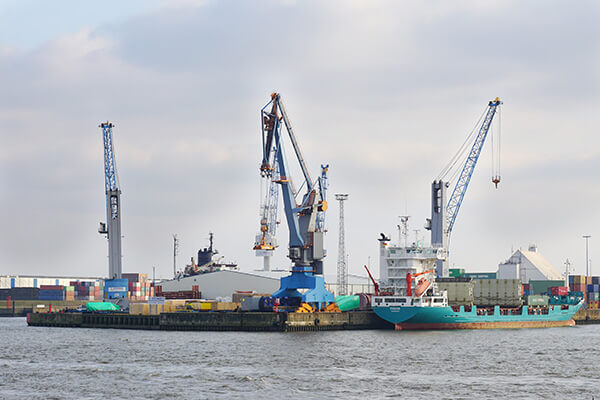México 2018: un nuevo capítulo de la Reforma Energética
A cuatro años de su implementación, los avances de la Reforma Energética en México son indudables: 1) se han creado 66 empresas de exploración y producción (E&P); 2) se han firmado 70 nuevos contratos de E&P a través de las 7 licitaciones realizadas, lo que representa inversiones comprometidas por 77,000 mdd; 3) 11 empresas de gasoductos se encuentran operando para aumentar la eficiencia del transporte, así como 45 empresas de almacenamiento actividad que se ha vuelto estratégica ante hechos como la libre importación de combustibles; 4) 18 nuevas marcas de gasolineras y, por último, 5) Pemex ha encontrado socios para la explotación de los campos Trión, Cárdenas Mora y Ogarrio, a través de los farmouts, además de que cierra el año con la buena noticia sobre el descubrimiento del campo Ixachi, que se encuentra muy cerca de la prolífica zona de la “Faja de Oro”.
En 2018, empezará a escribirse un nuevo capítulo de la Reforma Energética, en el que habrá que darle continuidad a los objetivos plasmados en el Plan Quinquenal de Licitaciones 2015-2019 y en donde el principal desafío será la sucesión presidencial, sobre todo para evitar que la efervescencia habitual de los procesos electoral y pos-electoral impida el incumplimiento de las acciones programadas en tiempo y forma.
En primer lugar, se deberán concretar las licitaciones que ya se encuentran en progreso, tales como la Ronda 2.4 (aguas profundas) y los farmouts Ayin-Batsil y Maximino-Nobilis, cuyos términos de licitación serán replanteados por la CNH en el transcurso del año.
Asimismo, se llevarán a cabo las licitaciones correspondientes a la Ronda 3, cuya primera emisión ya está publicada (Ronda 3.1. Aguas someras) y la Ronda 2.5, para campos terrestres no convencionales (shale) que, aunque no estaba prevista, se llevará a cabo antes de que finalice la presente administración.
Todo lo anterior, nos deja ver que 2018 será un año muy dinámico para la industria de los hidrocarburos y petrolíferos: las empresas participantes deberán poner en marcha o continuar con sus operaciones y cumplir con la diversidad de obligaciones establecidas en su contrato y en la regulación aplicable, tales como la contratación de seguros; la elaboración de la Línea Base Ambiental y la conformación e implementación del Sistema de Administración de Seguridad Industrial, Seguridad Operativa y Protección Ambiental (SASISOPA). Para ello, se requiere la asesoría de expertos en dichos temas que garanticen resultados exitosos.
NRGI Broker es experto en seguros para la industria de los hidrocarburos y además cuenta con alianzas estratégicas con empresas líderes en servicios legales, consultoría ambiental y control de pozos. Acércate a nosotros, con gusto te atenderemos.




